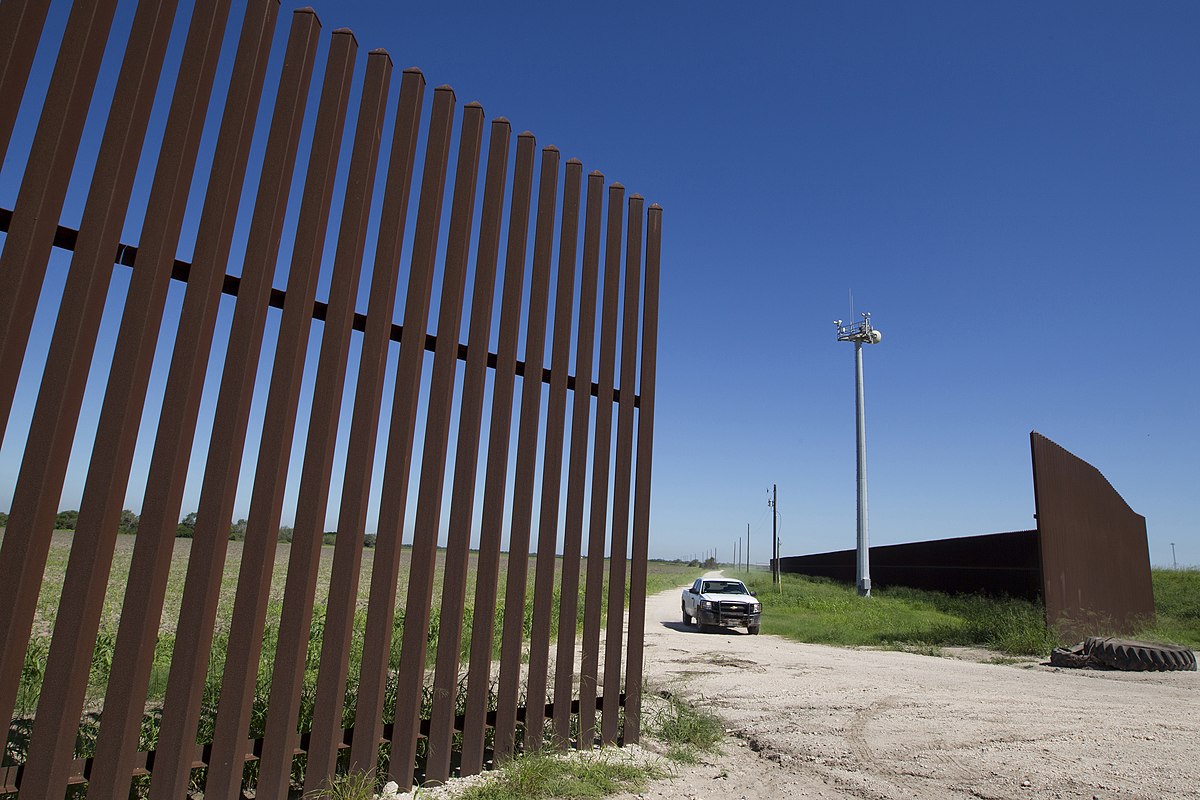- 14 3402-5578
- Rua Hygino Muzy Filho, 737, MARÍLIA - SP
- contato@latinoobservatory.org
 U.S. Customs and Border Protection
U.S. Customs and Border Protection
An article published by the Migration PolicyInstitute addresses the significant shift in the Democratic Party's approach to immigration and U.S.-Mexico border security, highlighted during the 2024 Democratic National Convention.
Compared to the 2020 convention, where the Trump
administration's border policies were heavily criticized, the focus is now on
border security, with Vice President Kamala Harris vowing to revive a
bipartisan border security bill, which had been sabotaged by Trump. Prominent
in her campaign advertisements is her crackdown on drug cartels and human
trafficking organizations, as well as her work on the border. This reflects a
tougher approach to immigration, in contrast to current President Joe Biden's
promise in 2020 to halt wall construction and reverse Trump's policies.
The text suggests that the change in the Democratic approach comes in a context of growing concern about irregular immigration, with record levels of migration at the U.S.-Mexico border in recent years. This situation has resulted in profound political reverberations, with many Democrats shifting their stance to align with Republicans on border security issues, even as differences over broader immigration policies, such as the treatment of illegal immigrants and the expansion of legal pathways for immigration, remain evident. While Trump advocates tougher policies, including mass deportations, Harris supports a combination of border security and creating legal pathways for immigration, especially for those who have been in the U.S. for a long time, such as the Dreamers.
Opinion polls indicate that public confidence in Democrats in dealing with the immigration crisis is increasing, with a reduction in the advantage Trump had over Biden over border security. However, Democrats still face challenges in convincing voters about the effectiveness of their policies.
The dominant narrative among Republicans continues to portray immigration as a threat to American security and society. They exaggerate the impact of migrants on crime, public health and voting, while inflating the numbers of migrants crossing borders. Democrats, while now recognizing the importance of border security, continue to promote the benefits of legal immigration, seeking to balance policies of repression with the promotion of legal immigration pathways, according to the publication.
Despite the convergence between the parties
regarding border security, ideological differences persist. While Harris and
other Democrats advocate for a reformed, more humane immigration system,
Republicans, especially Trump, have embraced a more radical rhetoric that seeks
to limit immigration in general.
The article concludes that while partisan
differences remain, the realignment of Democrats on border security issues
represents a new chapter in the debate on immigration in the US. However, any
future president's ability to implement their policies will depend on their
skills navigating within a deeply divided Congress and how they respond to
unforeseen crises that will continue to challenge the U.S. immigration system.











